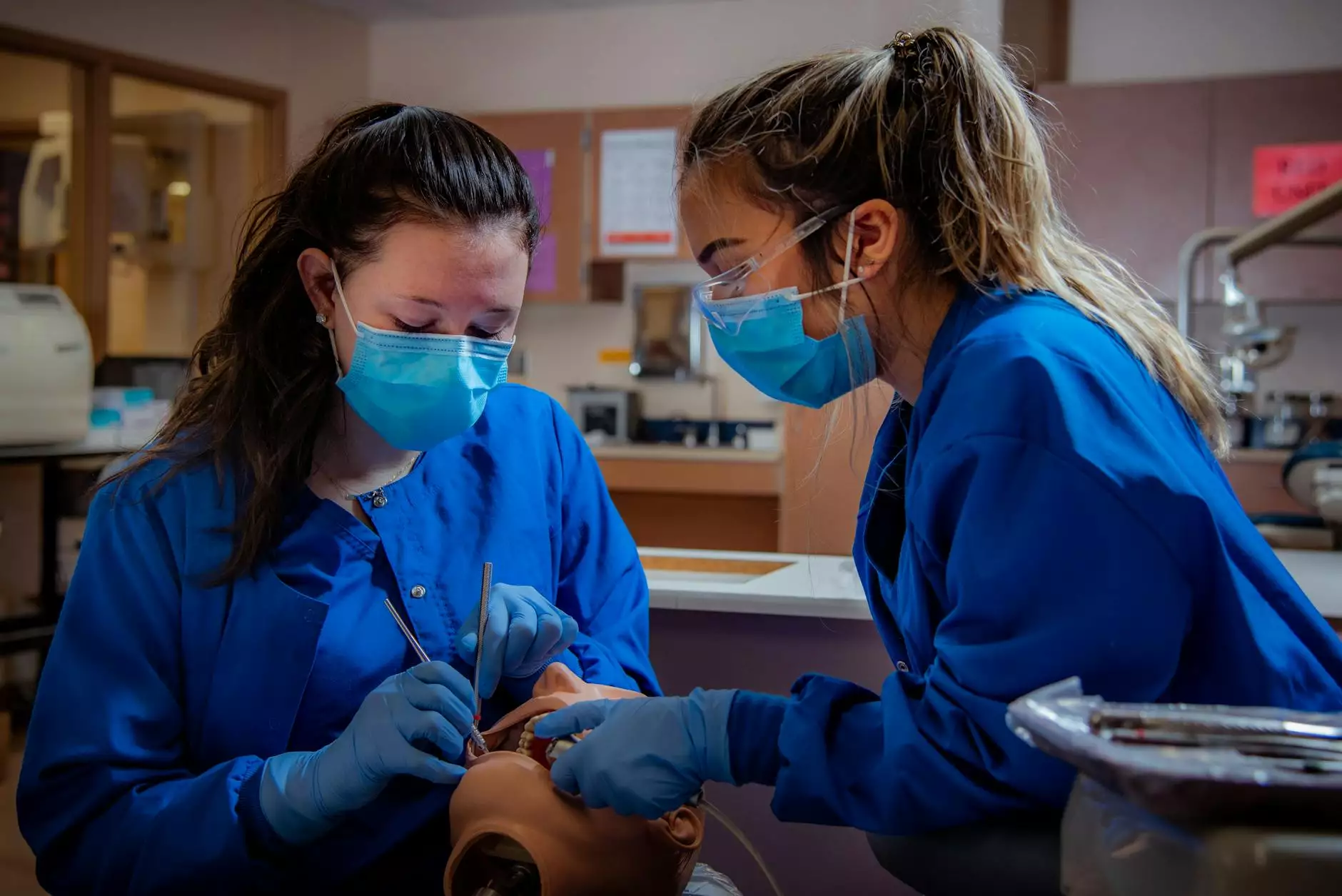Cancer Hospital Specialist: Your Guide to Expert Cancer Care

The realm of oncology is a highly specialized field requiring extensive knowledge and precision in treatment planning. When faced with a cancer diagnosis, patients often seek the expertise of a cancer hospital specialist to navigate the complexities of their condition. This article delves deep into the role of these specialists, the treatments they offer, and how they make a profound difference in the lives of their patients.
What is a Cancer Hospital Specialist?
A cancer hospital specialist is a medical professional who specializes in diagnosing and treating cancer. These specialists can include various types of doctors, such as:
- Oncologists: Physicians who specifically deal with the prevention, diagnosis, and treatment of cancer.
- Surgical Oncologists: Surgeons who perform operations to remove tumors and surrounding tissue.
- Radiation Oncologists: Doctors who utilize radiation therapy to treat cancers.
- Medical Oncologists: Specialists who provide chemotherapy and other systemic treatments.
- Pediatric Oncologists: Oncologists specializing in treating cancers in children.
The Importance of Specialized Care in Cancer Treatment
In a cancer hospital, the integration of a multidisciplinary team is vital. Each member brings a unique set of skills and perspectives, making comprehensive care possible. Here’s why choosing a cancer hospital specialist is crucial:
1. Expertise in Specific Cancer Types
Cancer is not a singular disease; it encompasses over 100 different types. A cancer hospital specialist is equipped with in-depth knowledge about a specific type of cancer and the latest treatment protocols, ensuring that patients receive the best possible care tailored to their unique situation.
2. Access to Advanced Technology and Treatment Options
Thanks to constant innovations in the field of oncology, cancer hospital specialists have access to cutting-edge technologies and therapies. This includes:
- Targeted Therapies: Medications designed to attack cancer cells without harming normal cells.
- Immunotherapy: Treatments that harness the body's immune system to fight cancer.
- Clinical Trials: Opportunities to participate in groundbreaking studies that offer access to new treatments.
3. Comprehensive Support Services
Facing cancer involves more than just medical treatment; it can be an emotional and physical journey. A cancer hospital specialist often collaborates with a team of healthcare professionals, including:
- Nurses: Provide ongoing support and education throughout treatment.
- Social Workers: Assist with counseling and support groups.
- Nutritionists: Offer dietary guidance to support overall health.
- Palliative Care Specialists: Focus on providing relief from symptoms and improving quality of life.
Finding the Right Cancer Hospital Specialist
Choosing the right cancer hospital specialist can significantly impact your treatment journey. Here are some key factors to consider:
1. Credentials and Experience
Ensure that the specialist is board-certified in oncology and has experience dealing with your specific type of cancer. Don't hesitate to ask about their track record and outcomes with treatment.
2. Hospital Affiliation
Research the hospital’s reputation. A hospital that is well-regarded for its cancer care and is affiliated with leading oncology research centers often provides better access to advanced treatments.
3. Patient Reviews and Testimonials
Reading others' experiences can provide valuable insight. Look for reviews that highlight the specialist's communication skills, bedside manner, and overall effectiveness.
Types of Treatments Offered by Cancer Hospital Specialists
Upon diagnosis, patients will likely encounter various forms of treatment. A cancer hospital specialist will design a personalized treatment plan that could include:
1. Surgery
Surgical oncology involves the physical removal of cancerous tumors. Depending on the cancer stage and location, surgery is often the first line of defense.
2. Chemotherapy
This system-wide treatment uses powerful chemicals to target fast-growing cancer cells. Chemotherapy can be prescribed before surgery (neoadjuvant) or after (adjuvant) to eliminate remaining cells.
3. Radiation Therapy
Utilizing high-energy particles or waves, radiation therapy focuses on destroying cancer cells while sparing normal tissue as much as possible. It may be used either as a standalone treatment or in conjunction with other therapies.
4. Targeted Therapy
Targeted therapy drugs attack specific cancer cell mechanisms, leading to fewer side effects and enhanced effectiveness compared to traditional chemotherapy.
5. Immunotherapy
This revolutionary treatment boosts the body's immune response against cancer. It may involve the use of checkpoints inhibitors, vaccines, or CAR-T cell therapy.
Support Beyond Treatment: The Role of a Cancer Hospital Specialist
One of the vital roles of a cancer hospital specialist extends beyond administering treatment. They also play an essential part in:
1. Providing Emotional Support
Cancer affects not only the body but also the mind. Specialists are trained to recognize the emotional and psychological aspects of cancer treatment, guiding patients and families toward appropriate support services.
2. Coordinating Care
A team-based approach is the hallmark of modern cancer treatment. Specialists coordinate care across various disciplines, ensuring a seamless experience for patients.
3. Guidance on Lifestyle Choices
Maintaining a healthy lifestyle can impact treatment efficacy and recovery. A cancer hospital specialist can advise on nutrition, exercise, and stress management techniques that can enhance overall well-being.
Conclusion: The Journey with a Cancer Hospital Specialist
The journey through cancer can be overwhelming, but a dedicated cancer hospital specialist serves as a crucial ally. Their expertise in diagnosis, treatment, and holistic care is invaluable for patients and their families. Embracing the support of these specialists can guide individuals through even the darkest times, helping them emerge stronger and healthier.
Call to Action
If you or a loved one is facing cancer, don’t hesitate to reach out to a qualified cancer hospital specialist. The right support can transform your medical experience and provide hope for a healthier future.









